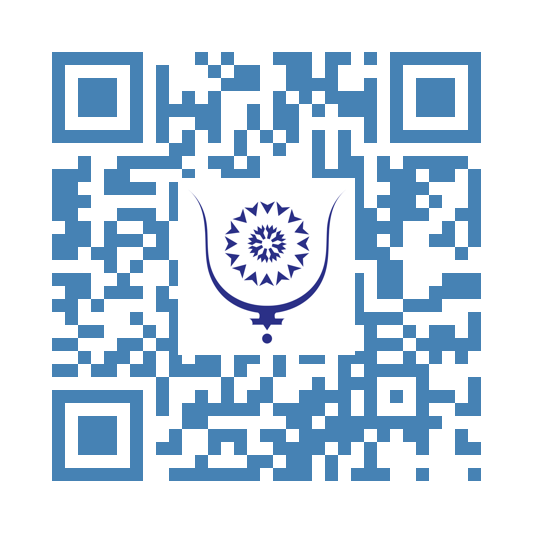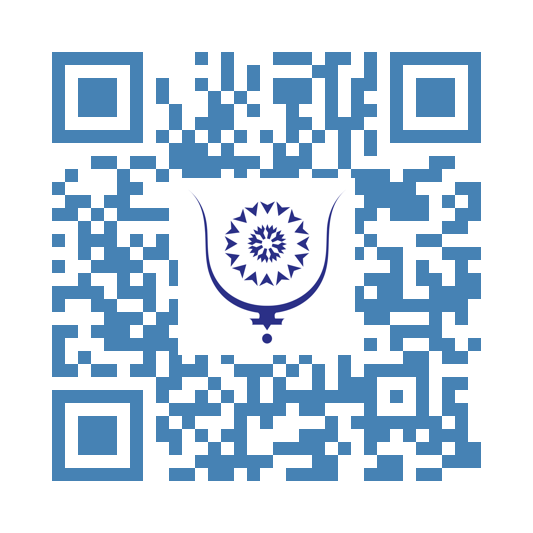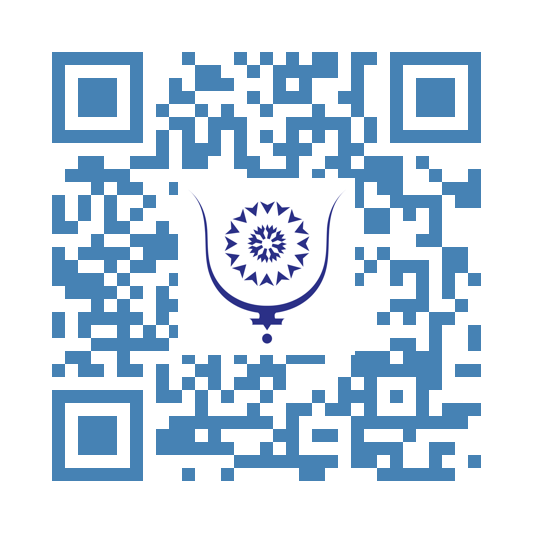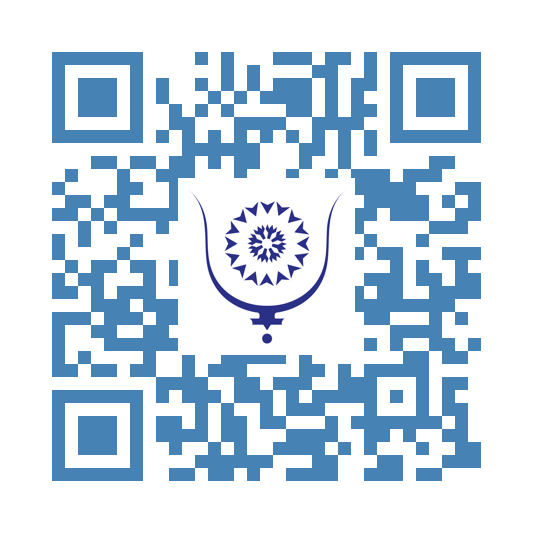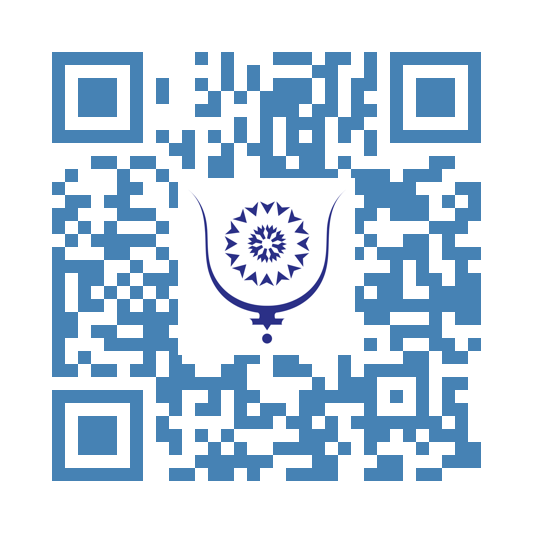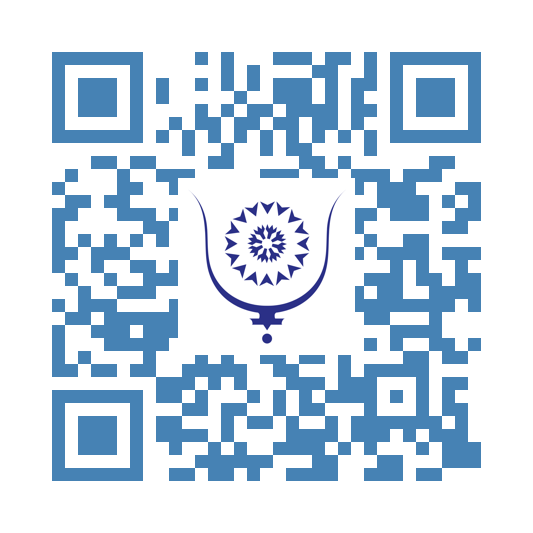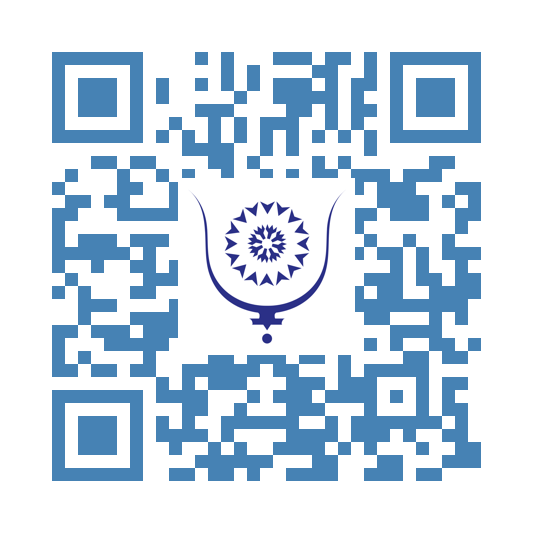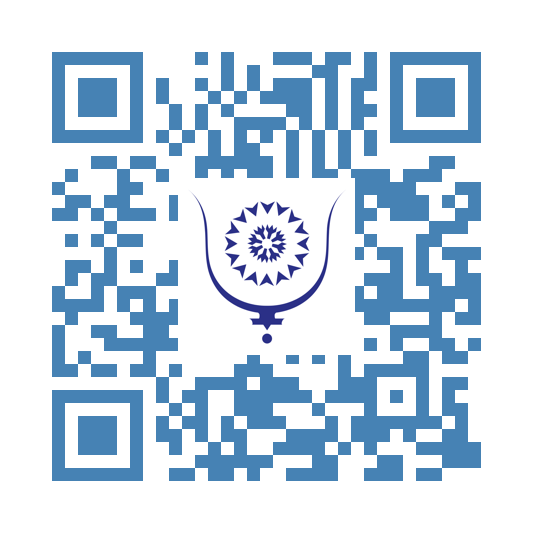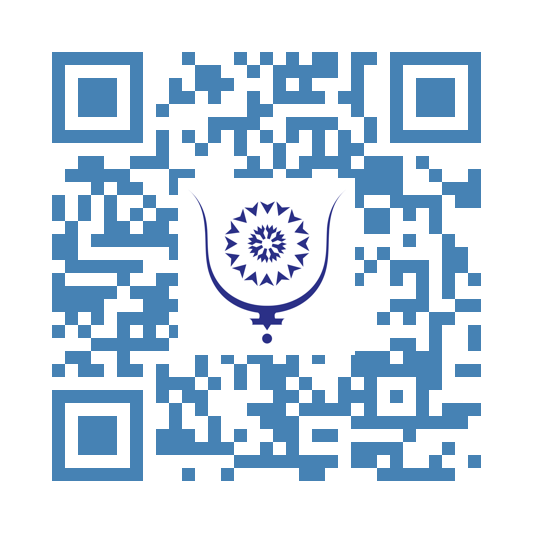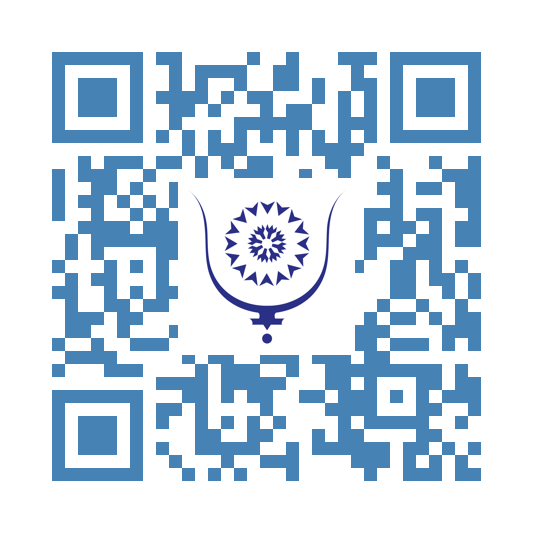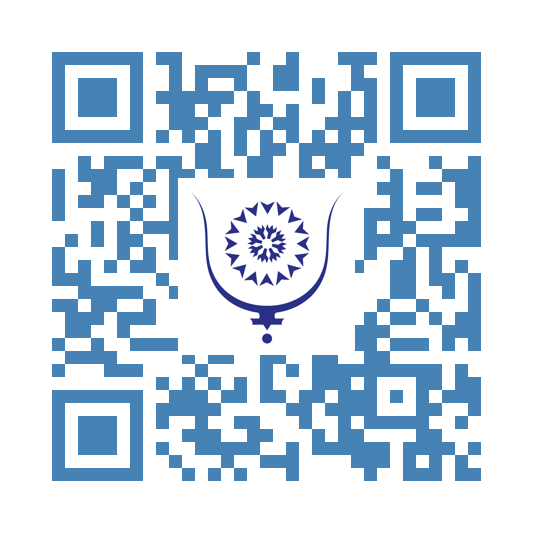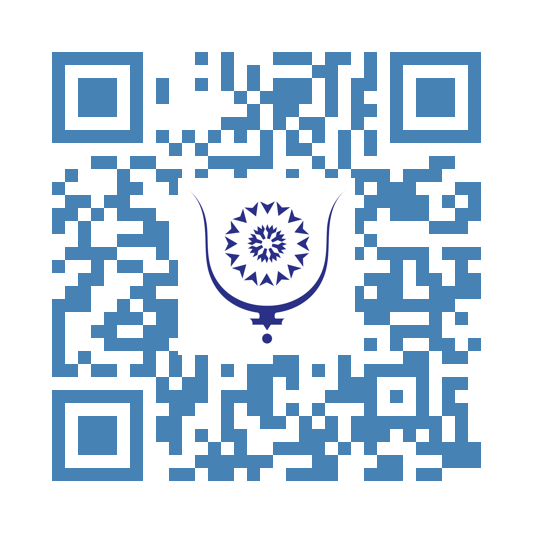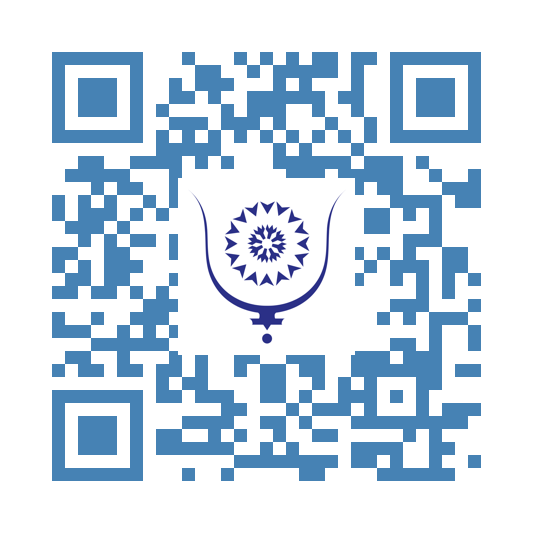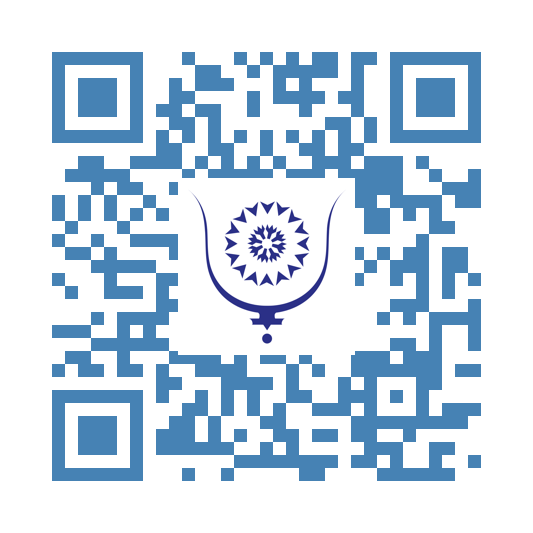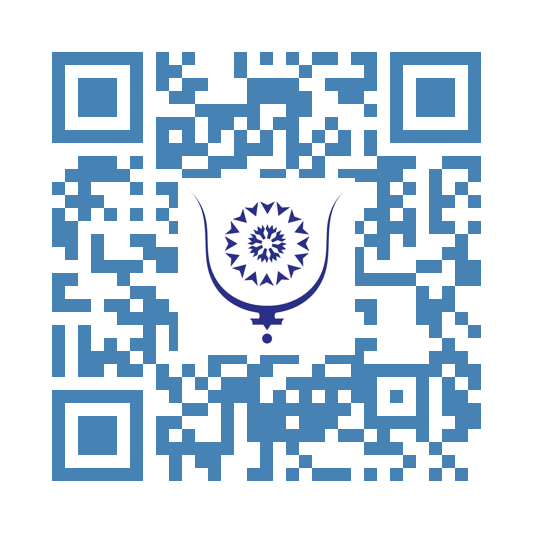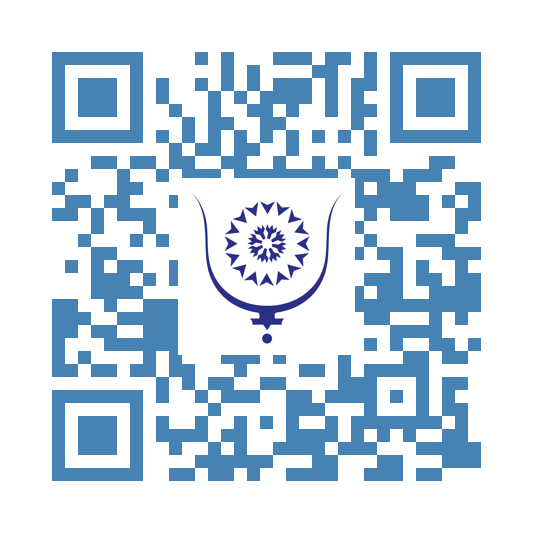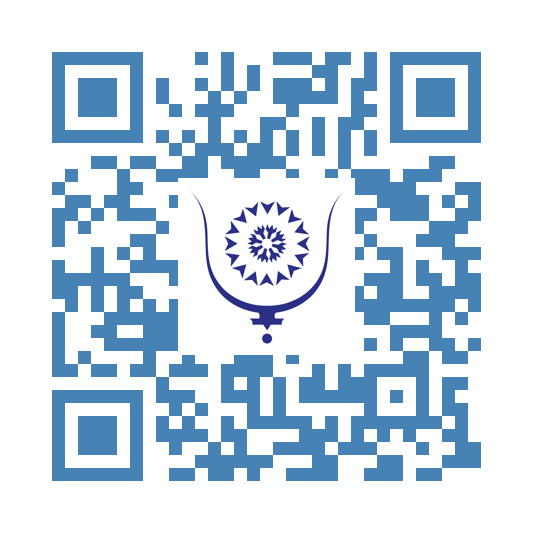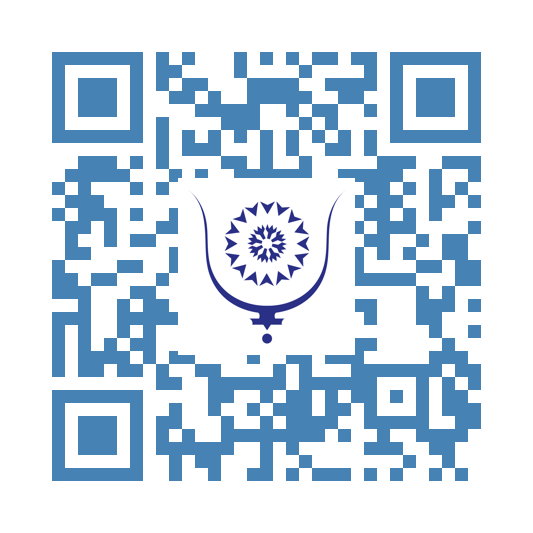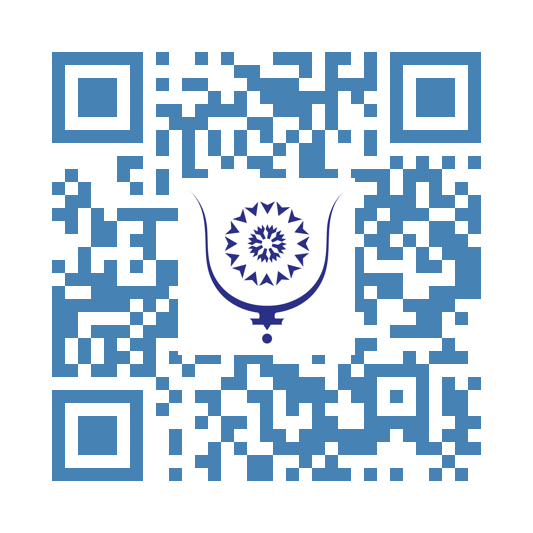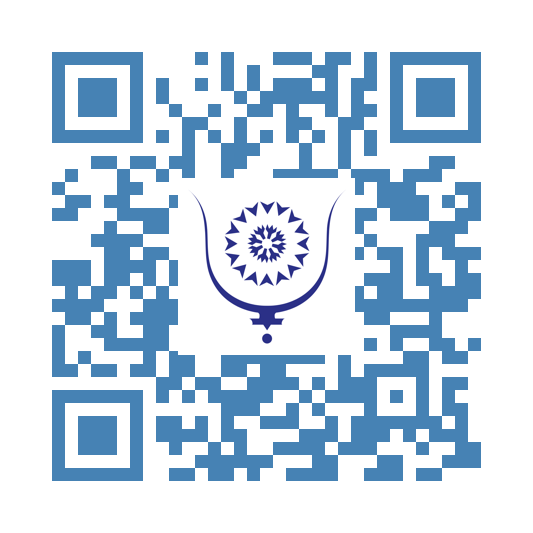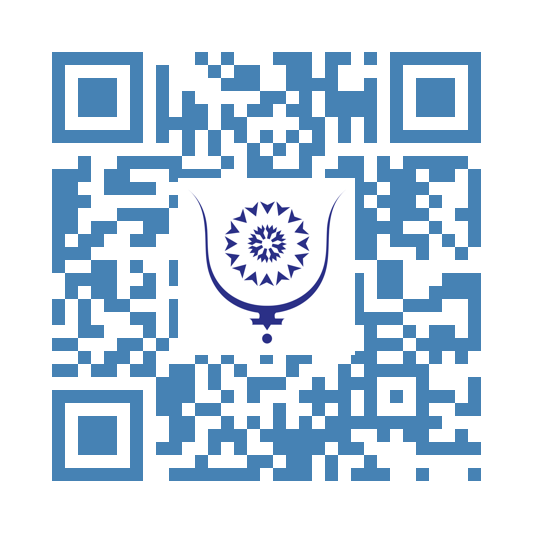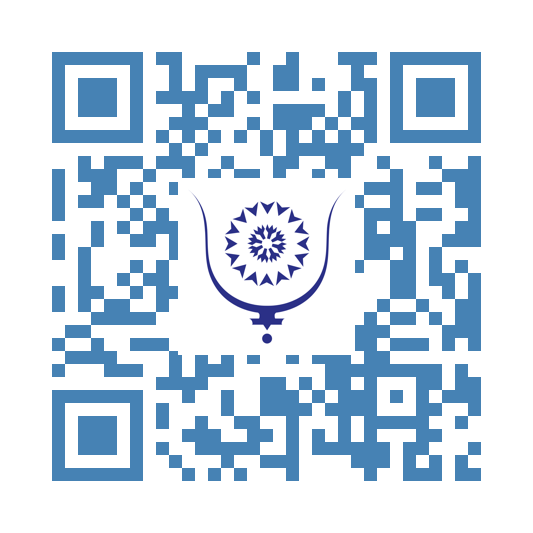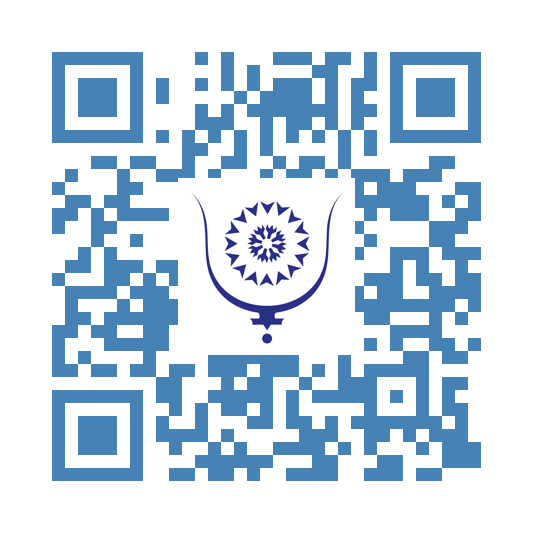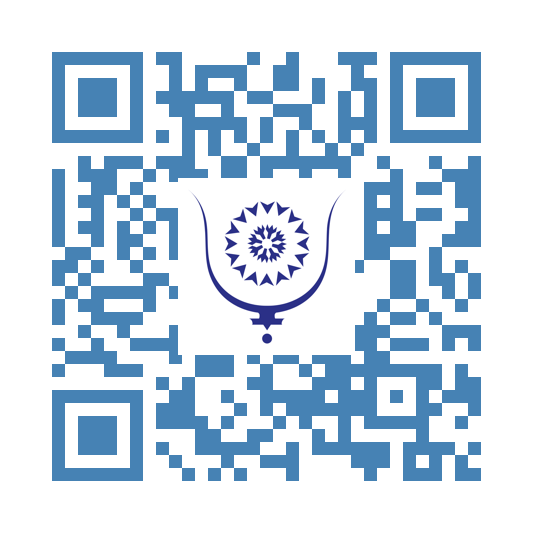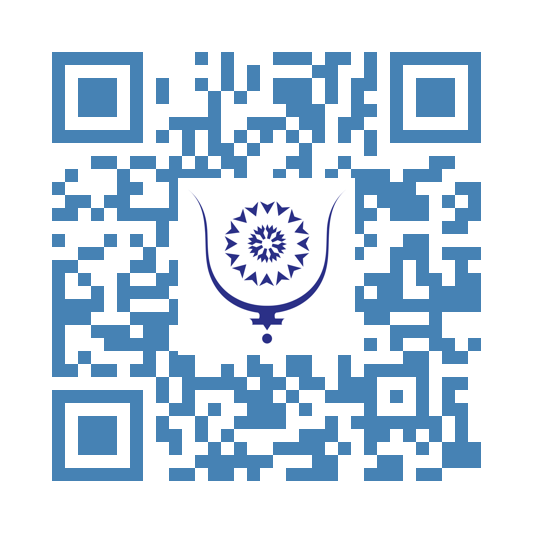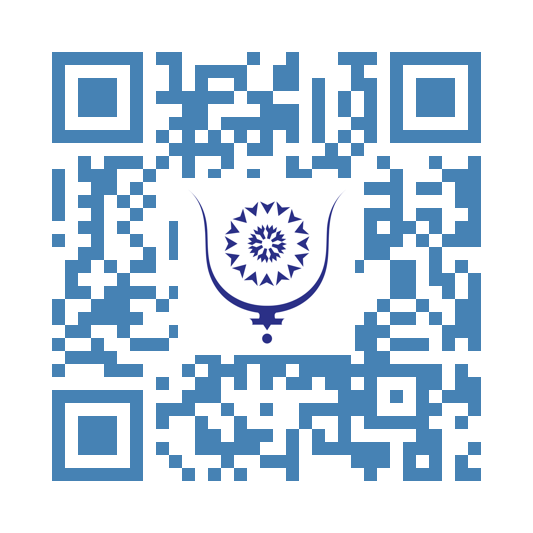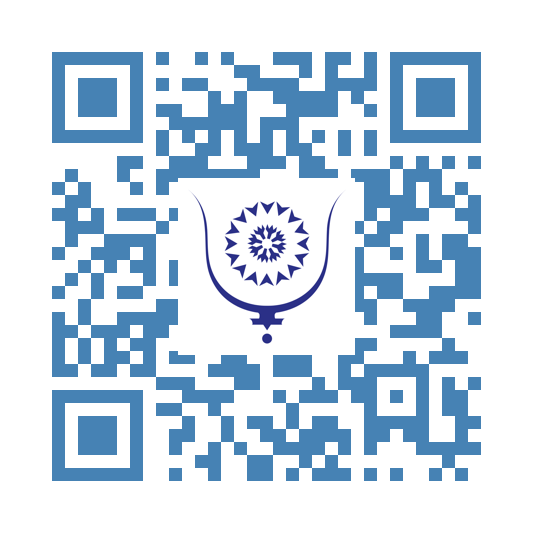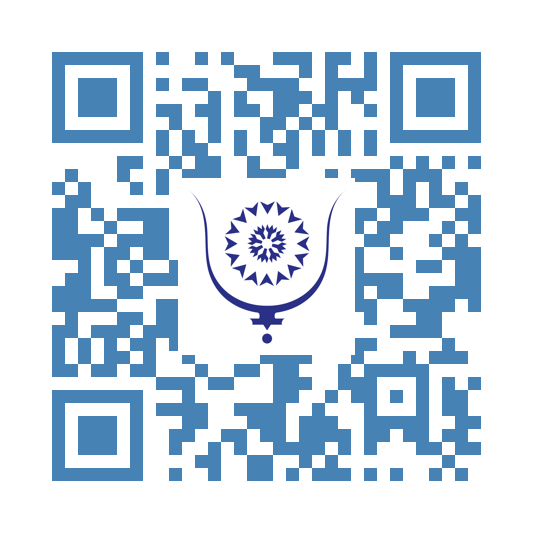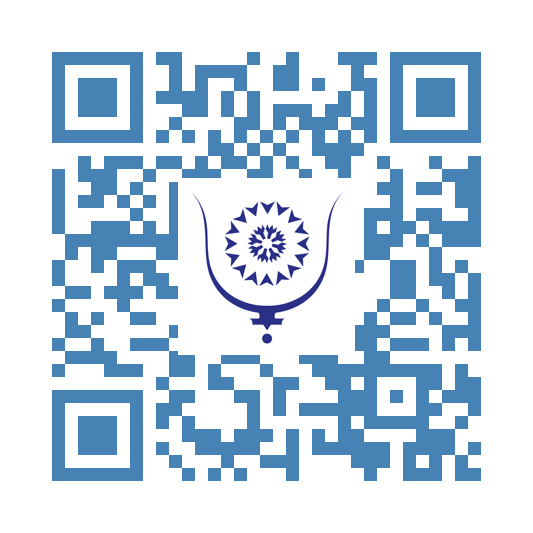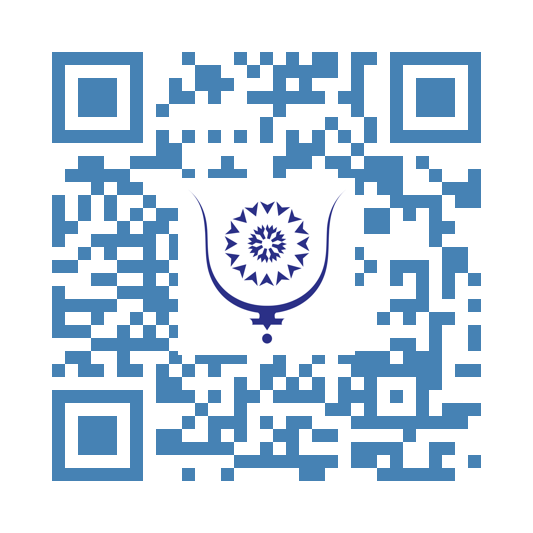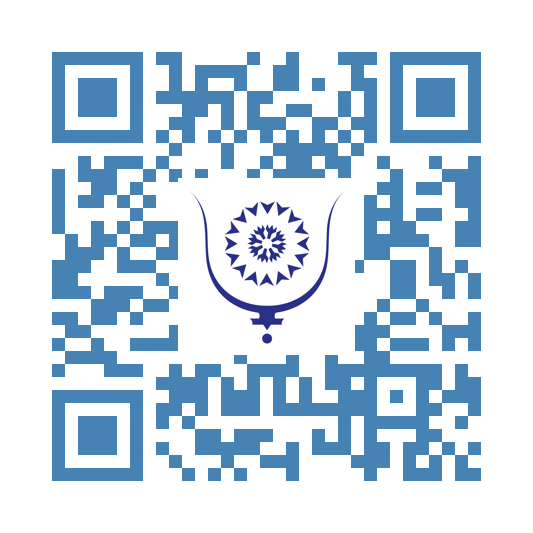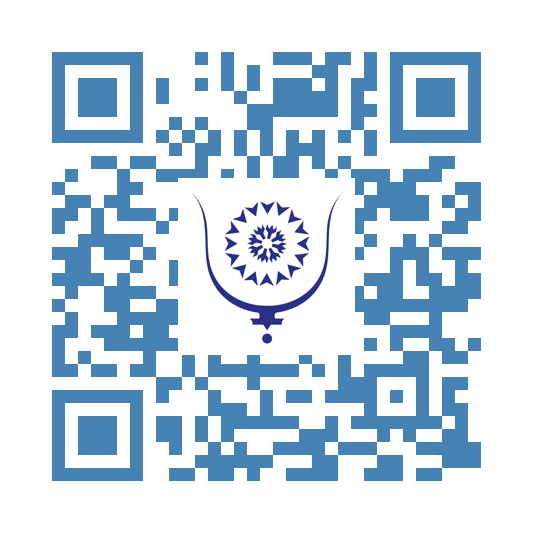Morocco, united and indivisible: October 31, memory and vision of a united kingdom...
5450
There are dates that cease to be mere markers to become strong symbols.
By establishing le 31 octobre “Fête de l’Unité”, His Majesty King Mohammed VI has not only added a day to the national calendar of holidays: he has inscribed in the collective memory a certainty, that of a united Morocco, faithful to its history, confident in its destiny, certain of its future.
This choice, placed on the eve of the anniversary of la Marche Verte, is not a coincidence, but a message. It links two moments: one of memory, the other of hope, to remind that in Morocco, unity is not a stance, but a collective philosophy of life, a historical continuity, a conviction ingrained in the soul of the country and each of its citizens. The age-old unity of the Kingdom is the golden thread of Moroccan history.
**On November 6, 1975, three hundred and fifty thousand Moroccans, the Quran in one hand and the flag in the other, it must be recalled, supported by many nationals of friendly countries, including a Prince not to be overlooked, marched south to reclaim what should never have been lost: the Sahara, the Kingdom’s matrix.**
La Marche Verte was not a conquest; it was a return, a peaceful affirmation of a legitimacy older than the borders drawn with rulers on colonial maps. It was also a vow between the Throne and the people, between the past and the future. A vow that nothing, neither diplomatic maneuvers nor hostile campaigns, nor propaganda worth billions of dollars, could undermine. The Moroccan does not yield. The Moroccan is faithful to his commitments. The Moroccan keeps his word, the Moroccan is aware of the diversity of his country but conceives it only in unity and cohesion.
By deciding to make le 31 octobre "la Fête de l’Unité", His Majesty King Mohammed VI reactivates this vow and transposes it into the present time: Morocco’s unity is not a glorious memory, but a horizon built every day, a future forged on law and faith, diplomacy and perseverance, development and shared prosperity.
For half a century, Moroccan diplomacy has patiently unrolled the thread of a clear strategy: defending Morocco’s sovereignty over the Sahara without ever yielding to provocation, making legitimacy prevail by reason and not by force.
Recent résolutions du Conseil de sécurité have confirmed the soundness of this line. They endorse the seriousness and credibility of the Moroccan autonomy proposal, a realistic, modern path, consistent with the aspirations of the local populations and the entire Moroccan people who have adhered to it, fully understanding the sacrifice requested.
**Conversely, Algeria persists in an anachronistic stance, entrenched in its support for Polisario, which no longer represents more than a shadow of itself. A movement built on lies, fake news, and propaganda worth billions of dollars. It is probably the most costly situation of its kind since humans existed.**
No one has ever known how many Sahrawis truly followed Polisario, or how many, with the help of its patrons, it brought from Mauritania, Mali, Nigeria, Chad, and elsewhere to strengthen its ranks. The generosity of Gaddafi having greatly helped, it must not be forgotten!
Today, Algeria is cornered into allowing le recensement des populations des camps and census means, in parallel, identification.
The fixed discourse of the separatists no longer holds sway over reality: while the Tindouf camps are mired in waiting, the Southern Provinces of Morocco awaken to life, development, and dignity.
The contrast is striking: there, immobility; here, construction.
There, ideology; here, reality.
"La Marche Verte" was never a closed episode; it has become a national doctrine, a founding story, a living myth, the belief of a nation: the oldest nation in the world. It has forged a rare national consciousness, made of loyalty and faith in the continuity of the Kingdom. In a world marked by fragmentation and wounded identities, Morocco has made its unity a compass, not nostalgia.
In Laâyoune, Dakhla, Smara, Boujdour, or Bir Guendouz, the fervor of the October 31 celebrations says better than speeches the depth of this bond. These cities, once marginalized, today embody a Morocco on the move, confident, faithful to its roots, and looking to its future.
*The South is no longer a remote part of the Kingdom: it is its beating heart.*
The Sahara is a promise of the future, a development laboratory, and a strategic hub of the Kingdom. Investments in renewable energy, fishing, infrastructure, tourism, and logistics have transformed the region into an essential crossroads between Africa, the Atlantic, and Europe.
Here is being experimented, in open air, the royal vision of a modern, balanced, and inclusive Morocco, a Morocco that leaves no region behind.
The "Fête de l’Unité" is not just a tribute to the past: it is a projection into the future.
The "Fête de l'Unité" tells Moroccan youth that unity is not a legacy to be admired, but a building to be built, constructed day by day, through work, loyalty, and faith in the nation, with an unyielding respect for the memory of sacrifices and a firm belief in the promise of continuity.
On October 31, Morocco celebrates, but remembers: the soldiers fallen on the dunes, the diplomats who have defended the national cause on all the world’s stages, the pioneers who built in the sand the foundations of exemplary development.
Through them, it is a whole country that looks at itself in the mirror of its history, not to indulge, but to draw strength to go further. *Because deep down, Morocco’s unity is not a political act; it is a historical truth, a state of mind, a visceral loyalty.* October 31 simply gives it a name, a date, a renewed breath.
There is no unity without memory, nor memory without the future. Morocco has never celebrated the past for the past but always as an evocation to project into the future. It has never believed in a fixed memory rent. Strong in its history and regained sovereignty, it now advances with the serenity of those who have nothing to prove, only to pursue. Its DNA is special but never to isolate itself. On the contrary, the Kingdom sees itself as part of a world open to cooperation, freedom, and prosperity.
*In the southern wind, in the distance, the same vow always resonates:
One Kingdom, one soul, one destiny.*
Share:
Morocco, united and indivisible: October 31, memory and vision of a united kingdom...
copy:
https://bluwr.com/p/470136423

